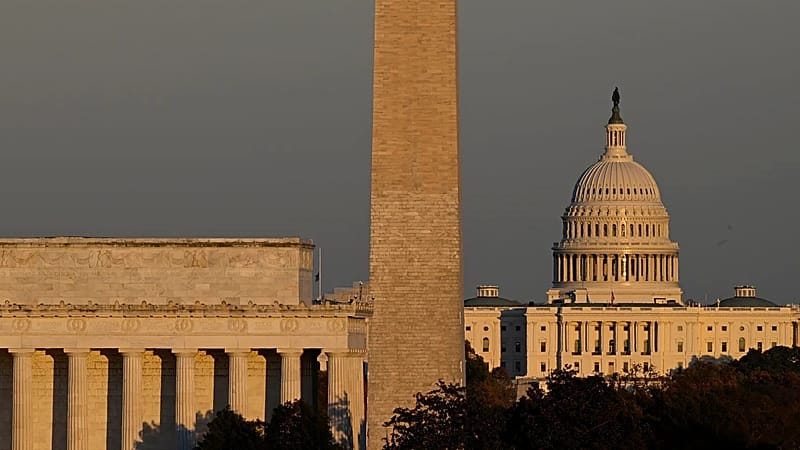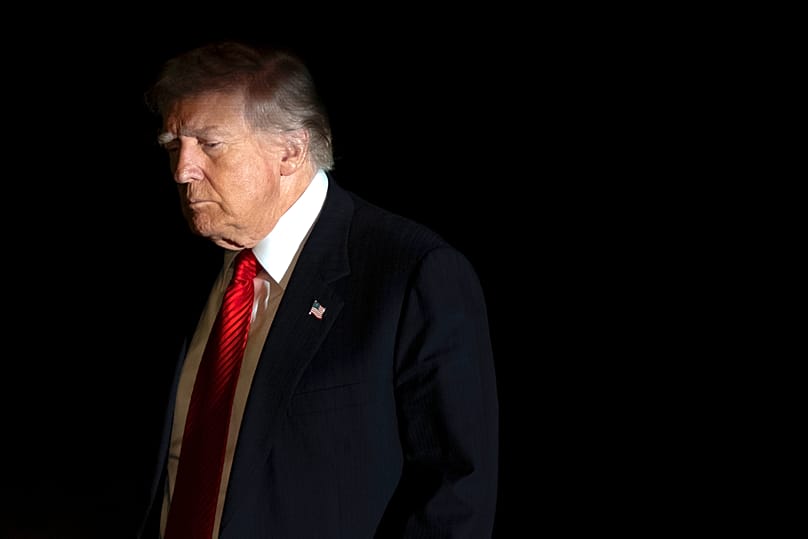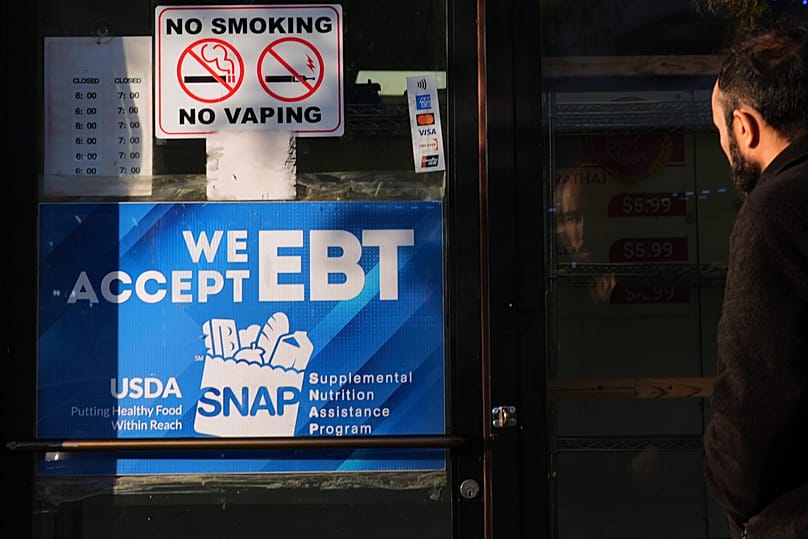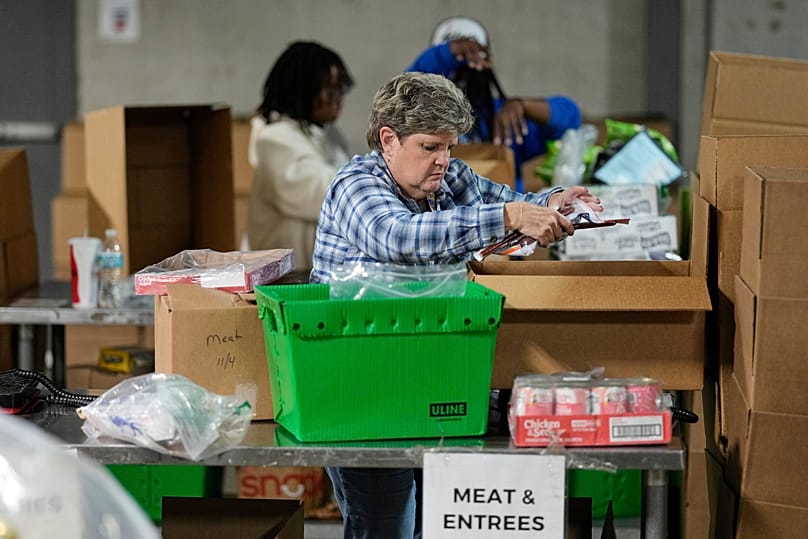US government shutdown becomes longest on record as talks to end stalemate stall

The lives of millions of Americans continue to be disrupted as the US government shutdown entered its 36th day, breaking the record as the longest ever.
The shutdown has led to federal programme cuts, flight delays and federal workers nationwide being left without paychecks.
US President Donald Trump is set to meet early Wednesday for breakfast with GOP senators, but has refused to negotiate with Democrats over their demands to salvage expiring health insurance subsidies until they agree to reopen the government.
"Why is this happening? We're in a shutdown because our colleagues are unwilling to come to the table to talk about one simple thing: health care premiums," said Democratic Senator Amy Klobuchar in a late evening speech.
"Stop this mess, come to the table, negotiate it," she said.
Trump's approach to this shutdown stands in marked contrast to his first term, when the government was partially closed for 35 days over his demands for funds to build a wall along the US-Mexico border.
At that time, he met publicly and negotiated with congressional leaders, but unable to secure the funds, he relented in 2019.
This time, congressional leaders are at a standoff and House Speaker Mike Johnson sent lawmakers home in September after they approved their own funding bill, refusing further negotiations.
Costs skyrocket for millions
In the meantime, food aid, child care funds and countless other government services are being seriously interrupted and hundreds of thousands of federal workers have been furloughed or are expected to come to work without pay.
With insurance premium notices being sent, millions of Americans are struggling with skyrocketing prices. The loss of enhanced federal subsidies, which were put in place during the COVID-19 pandemic and come in the form of tax credits, are expected to leave many people unable to pay for health insurance.
The administration also restricted SNAP food aid, despite court orders to ensure funds are available to prevent hunger.
Republicans are reluctant to fund the Obamacare health care programme without reforms, but negotiating a compromise with Democrats is expected to take time, if a deal can be reached at all.
Senate Majority Leader John Thune has promised Democrats at least a vote on their preferred health care proposal, on a date certain, as part of any deal to reopen government. But that’s not enough for some senators, who see the health care deadlock as part of their broader concerns with Trump’s direction for the country.
The White House says its position remains unchanged and that Democrats must vote to fund the government before talks over healthcare can begin.
Trump has been pushing the senators to nuke the filibuster — the Senate rule that requires 60 votes to advance most legislation — as a way to reopen the government.
But in the current Senate, where Republicans hold a slim majority of 53-47, Democrats have been able to block the House-passed bill that would fund the government, having voted more than a dozen times against.
Trump has said that doing away with the filibuster would be one way the Republicans could bypass the Democrats and end the shutdown on their own. Republican senators are trying to avoid that outcome.
Today




